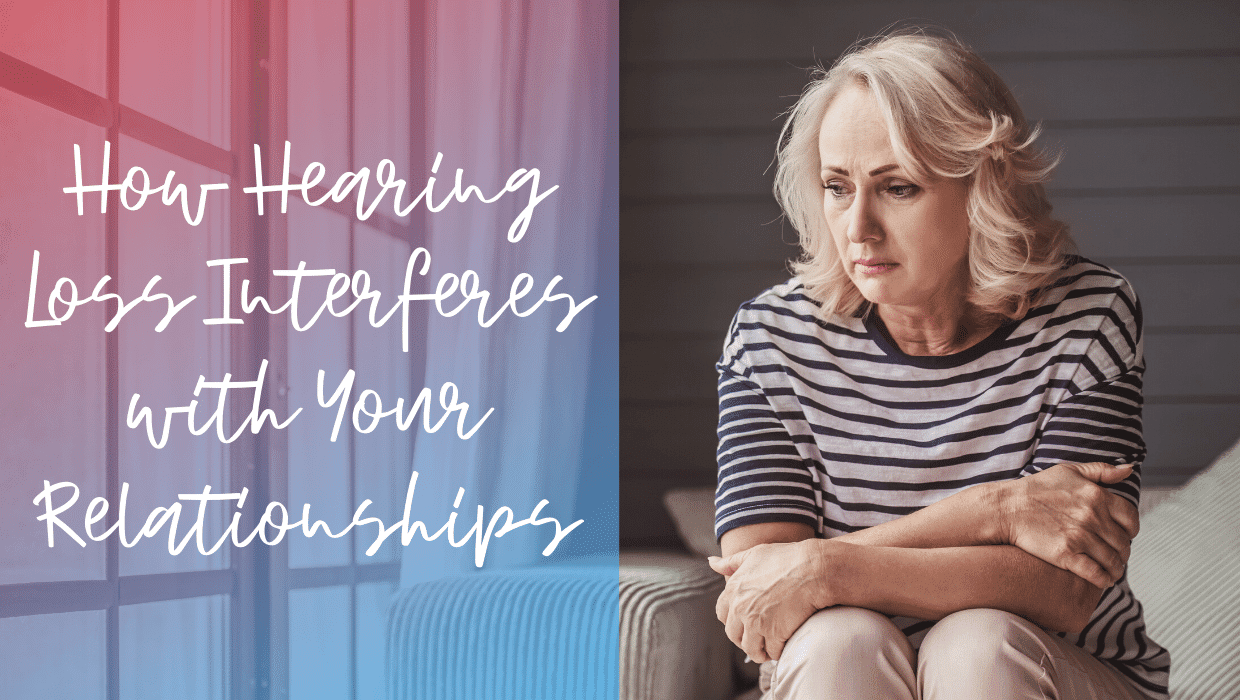How Hearing Loss Interferes With Your Relationships
Hearing loss can be an exhausting experience. If you think about how much

Hearing loss can be an exhausting experience. If you think about how much

Hearing loss can make engaging in conversation challenging. Impaired

Hearing loss is very common affecting approximately 48 million people in

The modern world we live in today is a world of constant communication.

If you are finding yourself asking people to repeat themselves or having

There have been tremendous advancements by hearing aid manufacturers